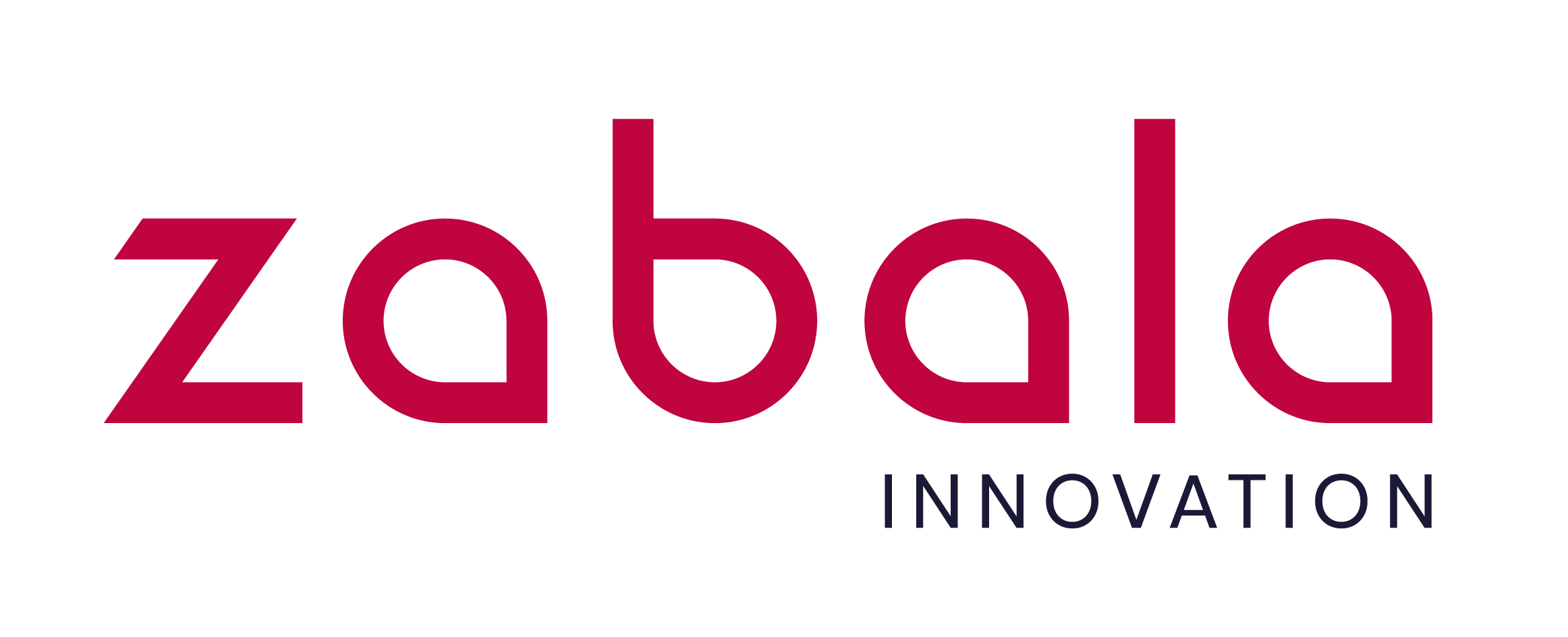In this article, we will delve into the power of RFID tags, a technology that is transforming how pharmaceutical logistics is executed and managed.
Optimized Pharmaceutical Logistics with RFID Tags
The pharmaceutical industry constantly faces the challenge of efficiently managing and controlling the flow of medicines and healthcare products. One key factor to achieve success in this field is the implementation of innovative technologies. In recent years, Radio Frequency Identification (RFID) has emerged as a revolutionary solution to optimize pharmaceutical logistics.
The Power of RFID Technology
RFID technology is a wireless communication system that uses radio frequency electromagnetic fields to identify and track objects with the help of small electronic tags commonly known as RFID tags. These tags contain unique identifiers and can be adhered to pharmaceutical products, allowing real-time tracking throughout the entire supply chain.
RFID technology offers several advantages over traditional barcode systems:
Greater efficiency: RFID tags can be read simultaneously and at a distance, allowing for quick and accurate inventory management. This eliminates the need to manually scan individual products, saving time and reducing human errors.
Enhanced visibility and traceability: Pharmaceutical companies can monitor the movement of their products in real-time, ensuring transparent and efficient supply chain management. This visibility ensures that medicines are stored, transported, and delivered correctly.
Anti-tampering security: RFID tags can be programmed to emit alerts if the product is tampered with or if it exceeds its recommended storage conditions. This ensures the integrity and safety of pharmaceutical products throughout the logistics process.
Optimized recall process: In the event of a product recall, RFID technology allows for quick identification and removal of affected items. This significantly reduces the time and cost associated with traditional recall processes.
Optimizing Pharmaceutical Logistics with RFID
The implementation of RFID in pharmaceutical logistics has revolutionized how medicines are handled and distributed. Let’s look at the benefits it brings to the industry:
Inventory and Warehouse Management
With RFID technology, pharmaceutical companies can automate and streamline their inventory management processes. RFID tags enable precise and real-time monitoring of stock levels, eliminating shortages and excess inventory. This helps companies optimize their storage space and reduce costs associated with overstocking or shortages.
Furthermore, RFID tags can be used to track individual pharmaceutical products within the warehouse. This allows for efficient order fulfillment, reducing picking errors and ensuring the accurate delivery of medicines to pharmacies, hospitals, and other healthcare facilities.
Temperature Monitoring and Cold Chain Management
Many pharmaceutical products, such as vaccines and biologics, require specific temperature conditions to maintain their potency and efficacy. RFID tags equipped with temperature sensors can continuously monitor and record temperature variations during storage and transportation.
In case of temperature deviations, alerts can be triggered, notifying relevant staff to take immediate action. This ensures that medicines are not compromised due to temperature deviations, maintaining their quality and efficacy.
Supply Chain Visibility
RFID technology provides pharmaceutical companies with complete visibility of their supply chain, from manufacturing to patient use. By tracking the movement of each item, companies can identify bottlenecks, improve efficiency, and reduce costs.
This visibility allows for proactive inventory management, demand forecasting, and order fulfillment. It also helps prevent counterfeit medicines from entering the legitimate supply chain, enhancing patient safety and protecting the brand reputation of pharmaceutical companies.
Implementing RFID technology in pharmaceutical logistics offers numerous benefits, including increased efficiency, greater visibility, secure supply chains, and optimized recall processes. Pharmaceutical companies that embrace this technology can streamline their operations, reduce costs, and ultimately provide better healthcare services to patients.
As the pharmaceutical industry continues to evolve, it is crucial to adopt innovative solutions like RFID to stay competitive in an ever-changing market. By harnessing the power of RFID, companies can ensure that medicines reach the right patients at the right time, improving patient outcomes and the overall quality of healthcare.
Contact us for more information focused on your needs. If you wish to receive information about RFID technology, subscribe to our magazine.





